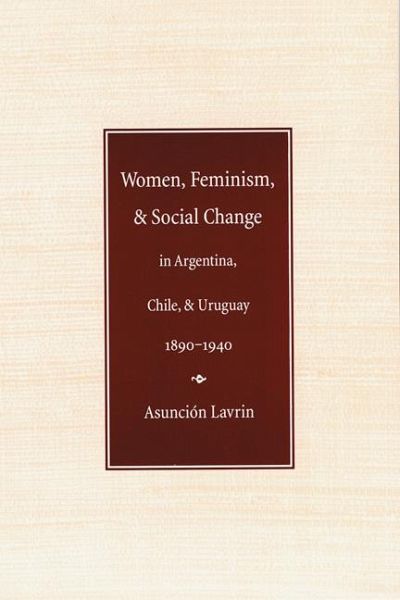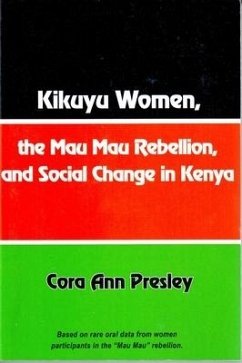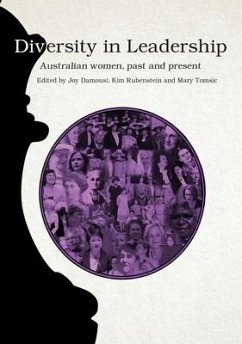
Women, Feminism, and Social Change in Argentina, Chile, and Uruguay, 1890-1940
Versandkostenfrei!
Versandfertig in über 4 Wochen
29,99 €
inkl. MwSt.

PAYBACK Punkte
15 °P sammeln!
Feminists in the Southern Cone countries--Argentina, Chile, and Uruguay--between 1910 and 1930 obliged political leaders to consider gender in labor regulation, civil codes, public health programs, and politics. Feminism thus became a factor in the modernization of these geographically linked but diverse societies in Latin America. Although feminists did not present a unified front in the discussion of divorce, reproductive rights, and public-health schemes to regulate sex and marriage, this work identifies feminism as a trigger for such discussion, which generated public and political debate ...
Feminists in the Southern Cone countries--Argentina, Chile, and Uruguay--between 1910 and 1930 obliged political leaders to consider gender in labor regulation, civil codes, public health programs, and politics. Feminism thus became a factor in the modernization of these geographically linked but diverse societies in Latin America. Although feminists did not present a unified front in the discussion of divorce, reproductive rights, and public-health schemes to regulate sex and marriage, this work identifies feminism as a trigger for such discussion, which generated public and political debate on gender roles and social change. Asuncion Lavrin recounts changes in gender relations and the role of women in each of the three countries, thereby contributing an enormous amount of new information and incisive analysis to the histories of Argentina, Chile, and Uruguay.












